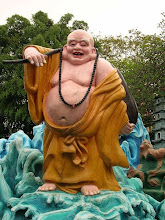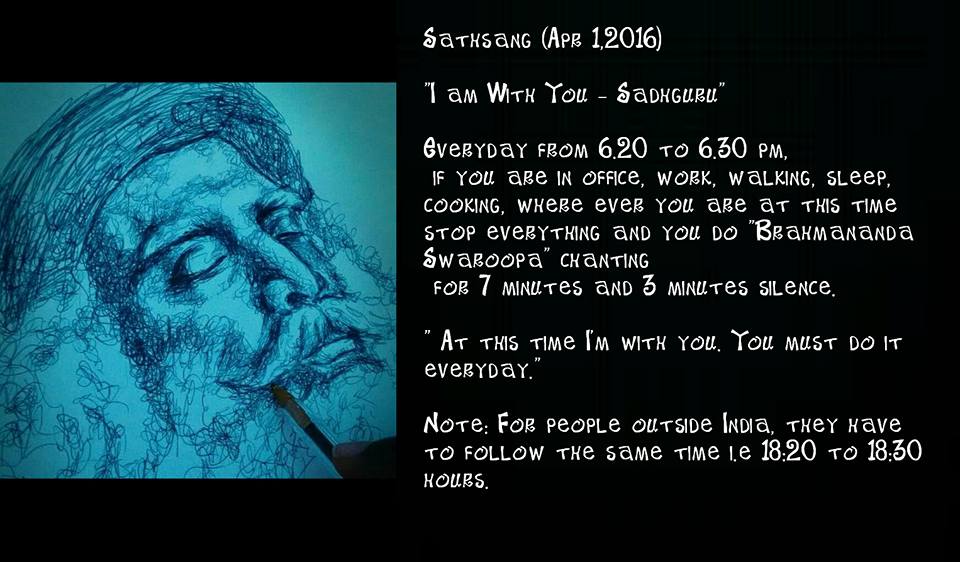CONVERSATIONS WITH ANNAMALAI SWAMI
Q: We are able to have satsang here. It is very nice, very sweet.
men we leave here, how can we get such satsang?
Annamalai Swami: If it is not your destiny to stay with a jnani you can always try to establish contact with the formless Self. This is the real satsang.
You say that it is your prarabdha to live in a big city. Prarabdha only pertains to the activities of the body. No prarabdha can
prevent you from turning inwards and putting your attention on
the Self. This is a freedom which every human being has irrespective of his prarabdha. If your prarabdha does not give you satsang with a jnani, go directly to the source and have satsang of the unmanifest Self. This satsang is much harder to achieve and maintain, but if you have no other alternatives you must try it. Small babies live in towns without being affected by the atmosphere or the people there. If you live a pure life and make the right effort you can also reach the state in which the world cannot effect you.
Q: It will be very difficult. I shall be calling for help very frequently.
AS: If you have a desire to have satsang, or a desire to be always engaged in meditation on the Self, these things will happen. If your desire is strong enough the power of the Self will make all the arrangements for you. It will send you a Guru, or satsang, or whatever else you might need. If you are earnestly doing meditation on the Self, everything you need will automatically come to you.
Living by the Words of Bhagavan
Shared via Ramana Hridayam
































